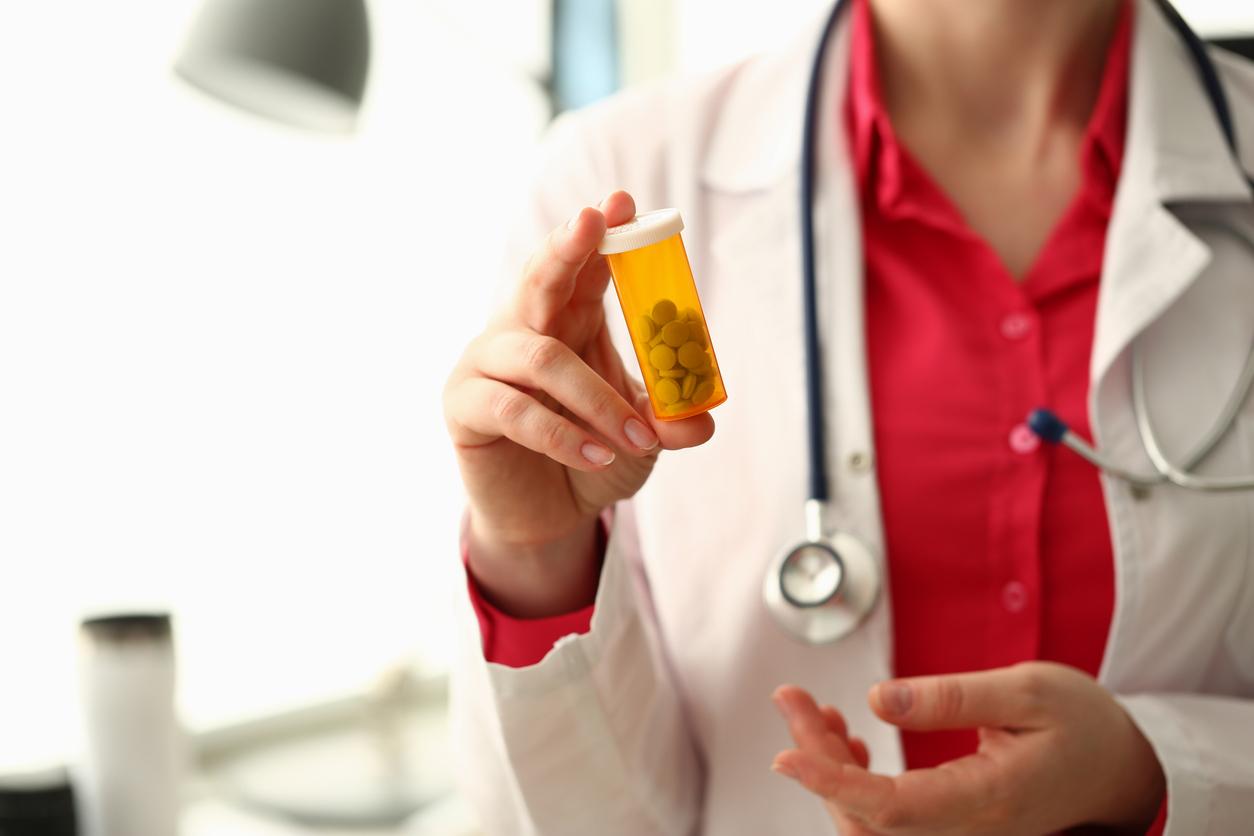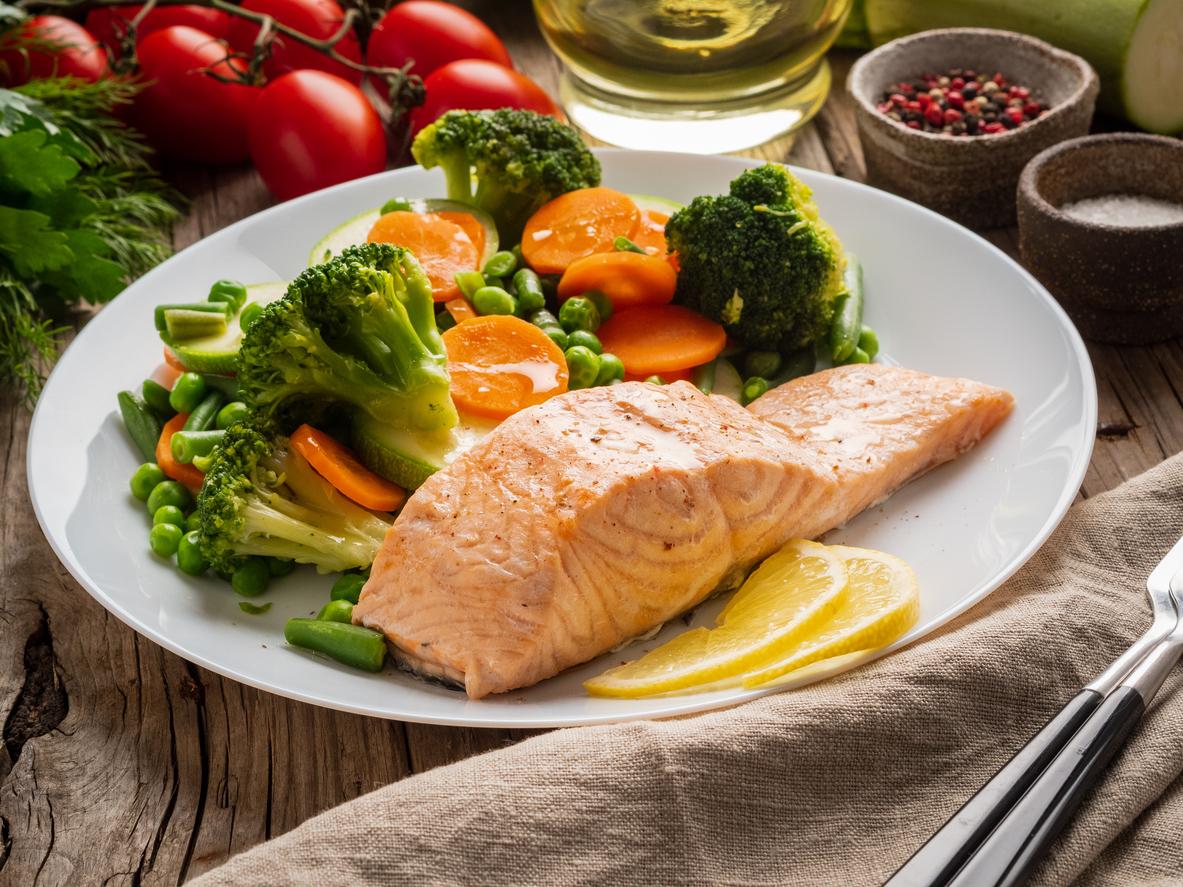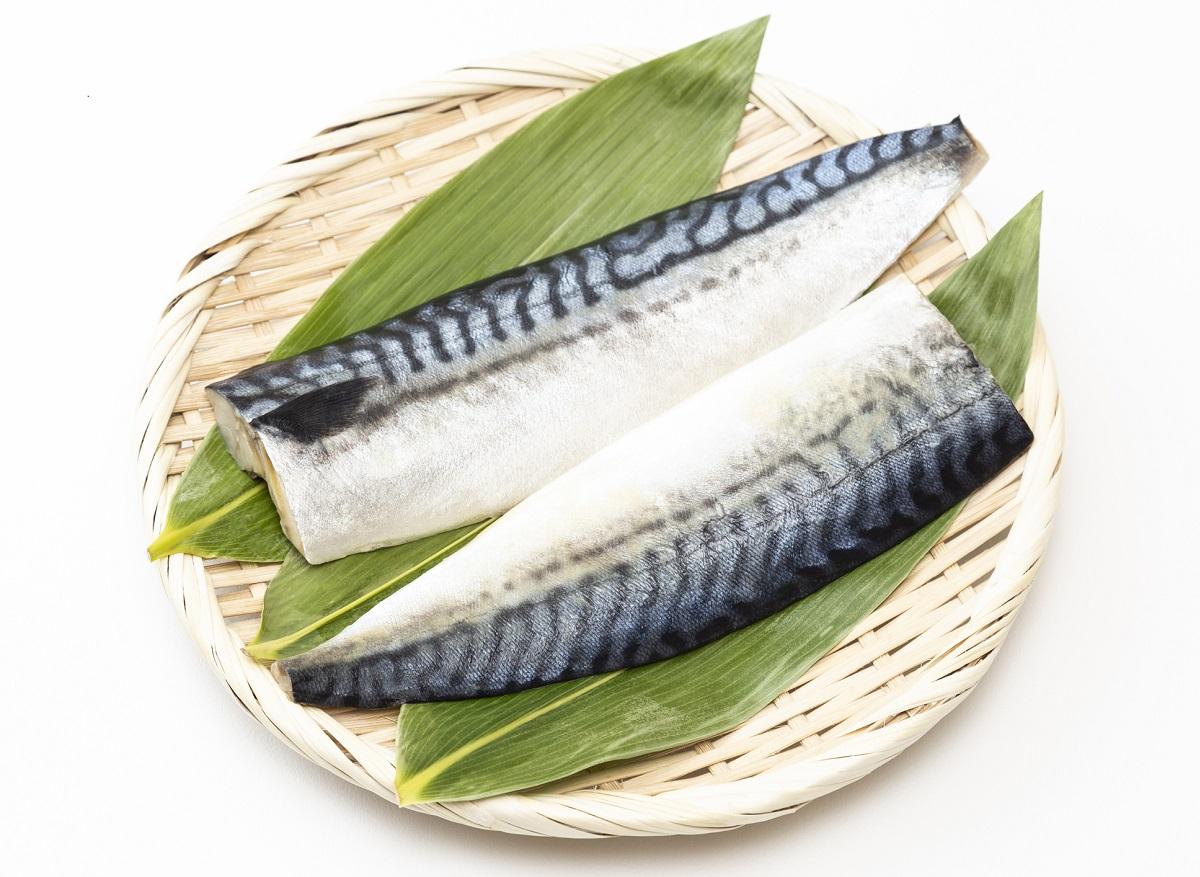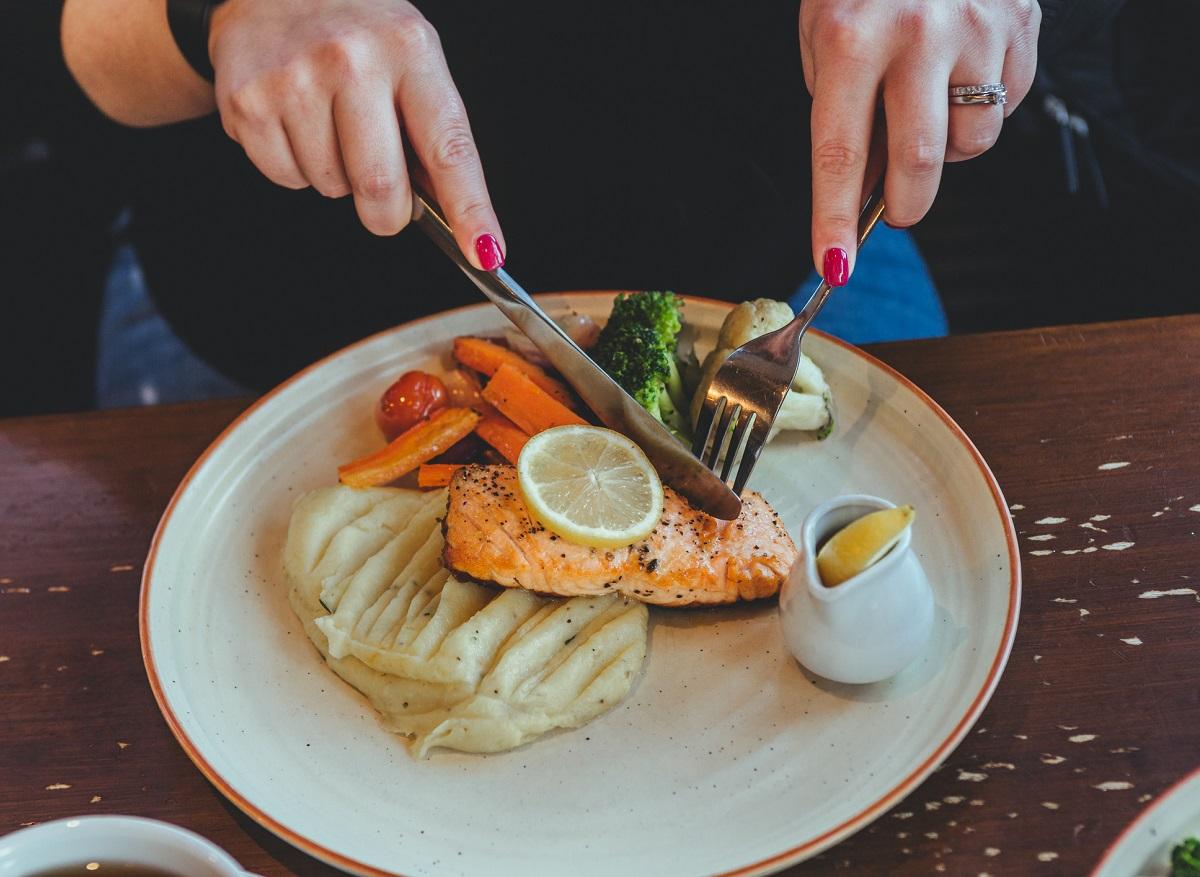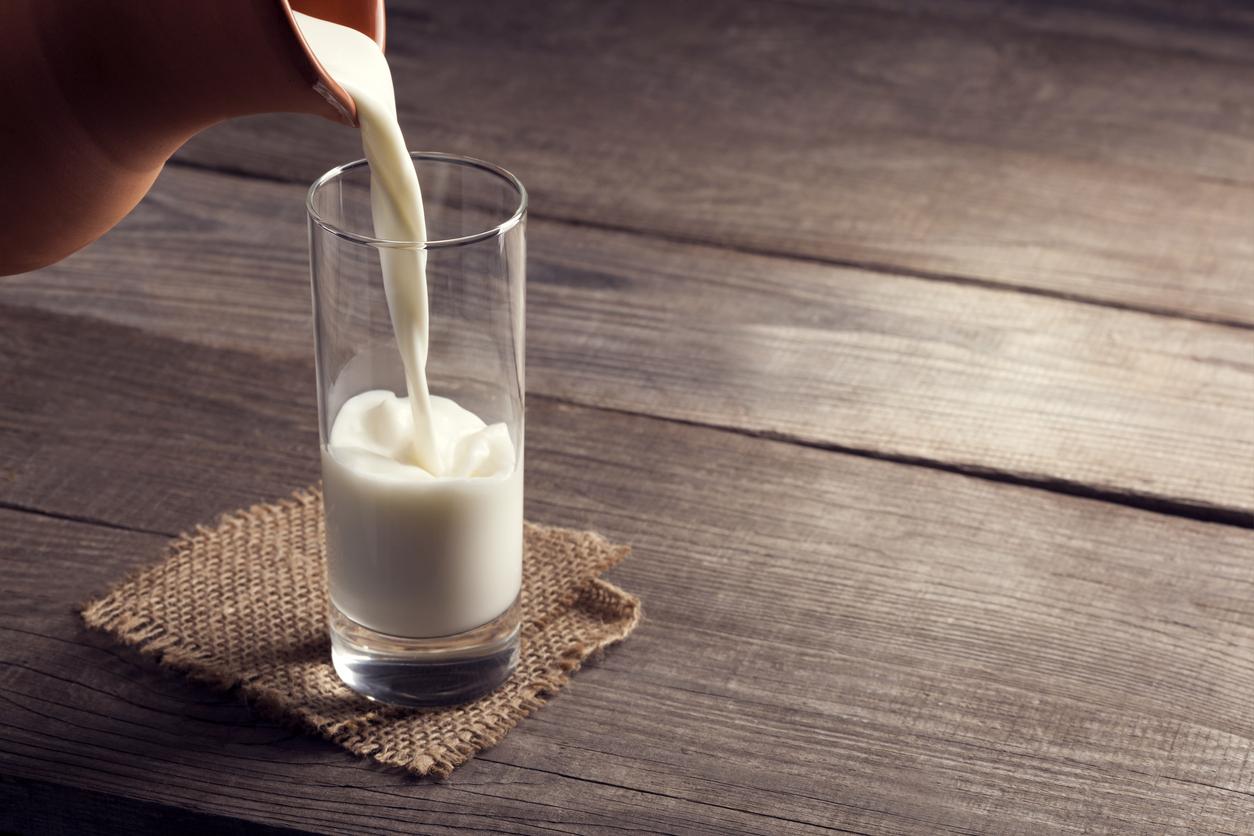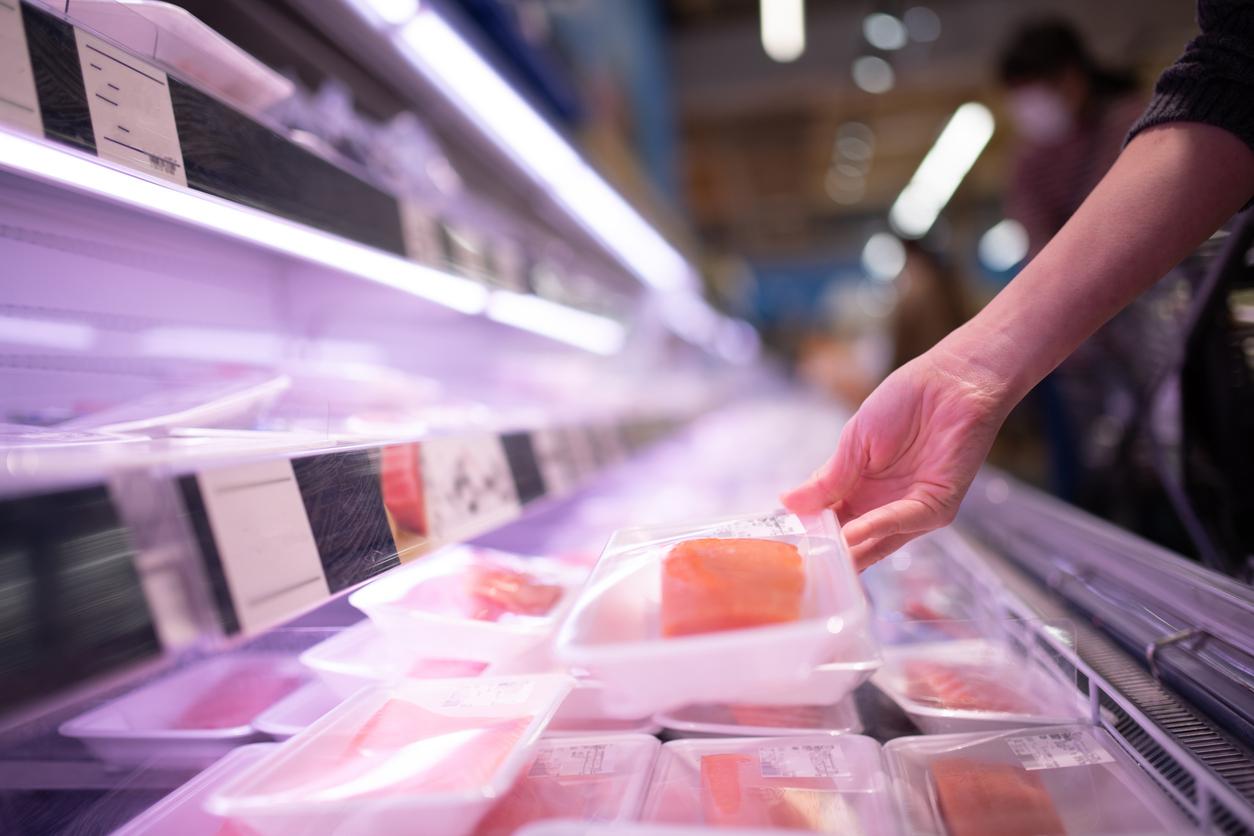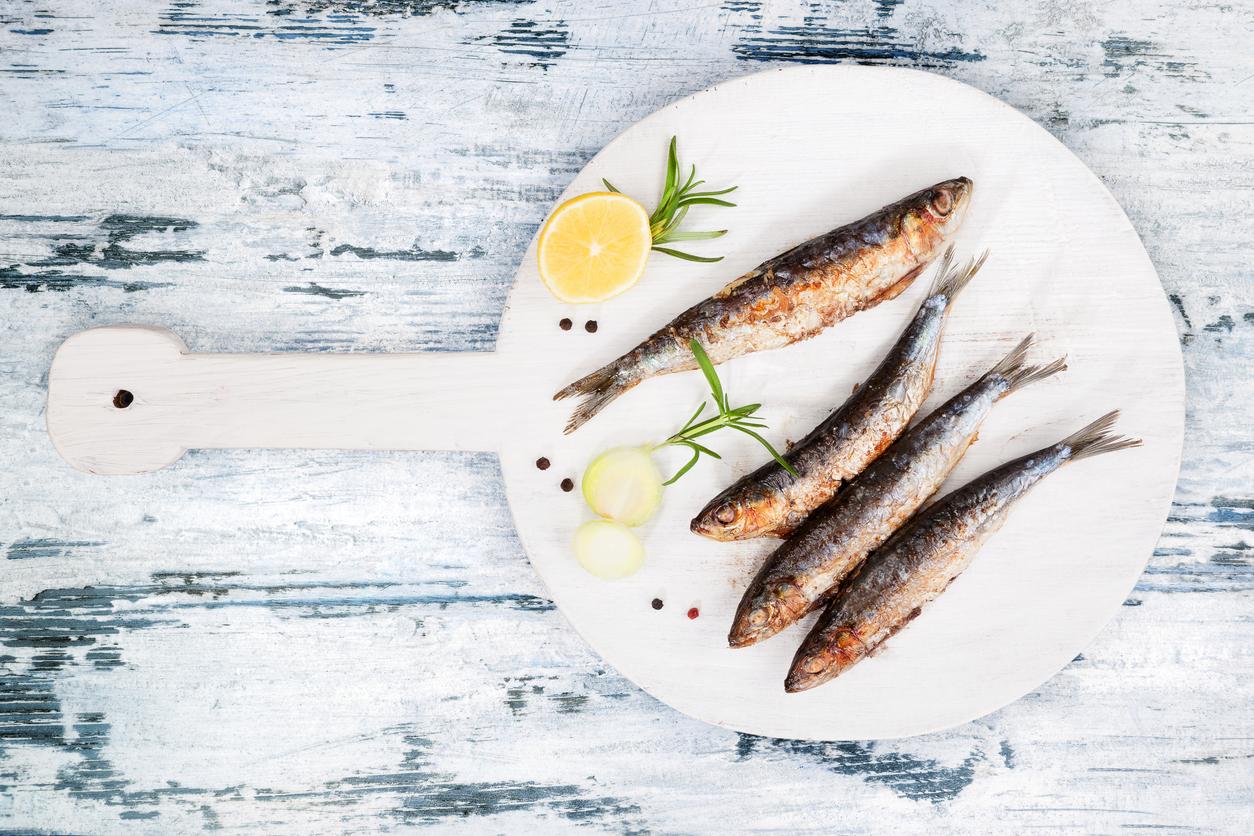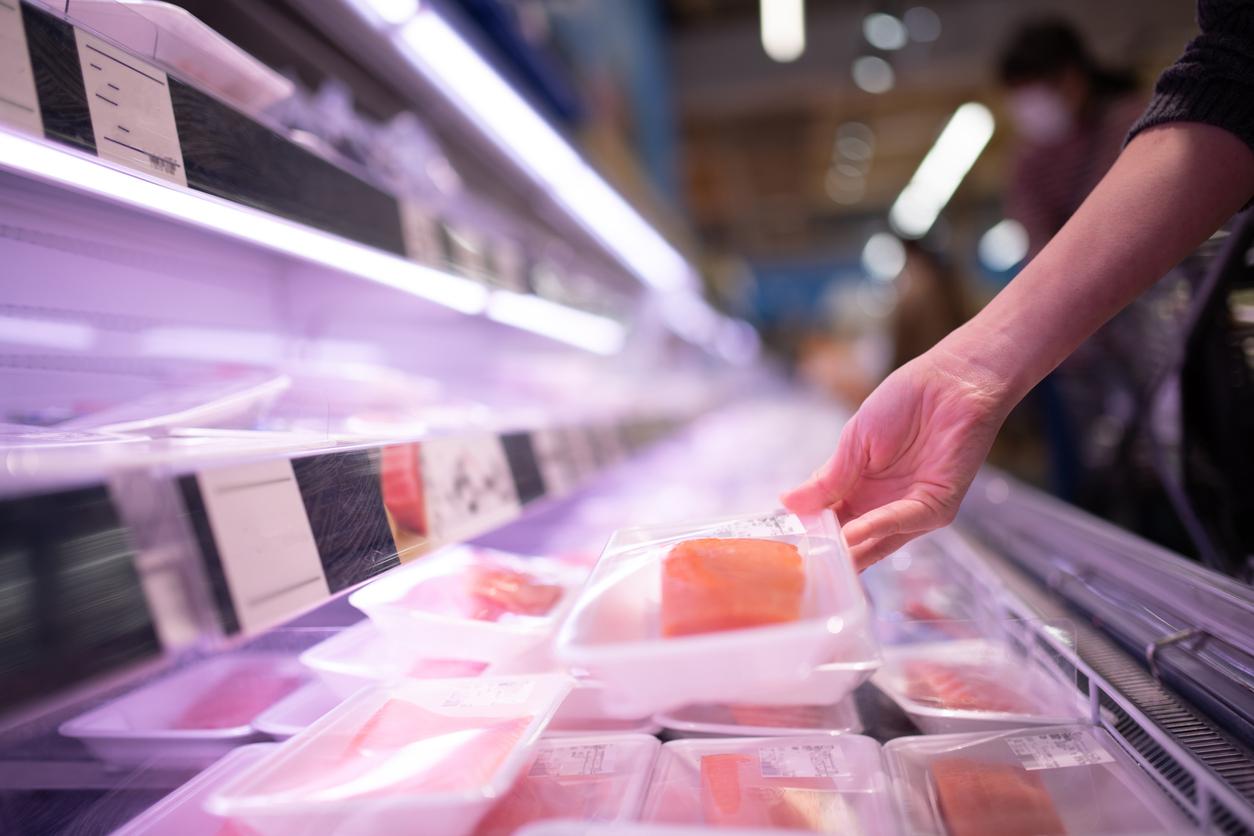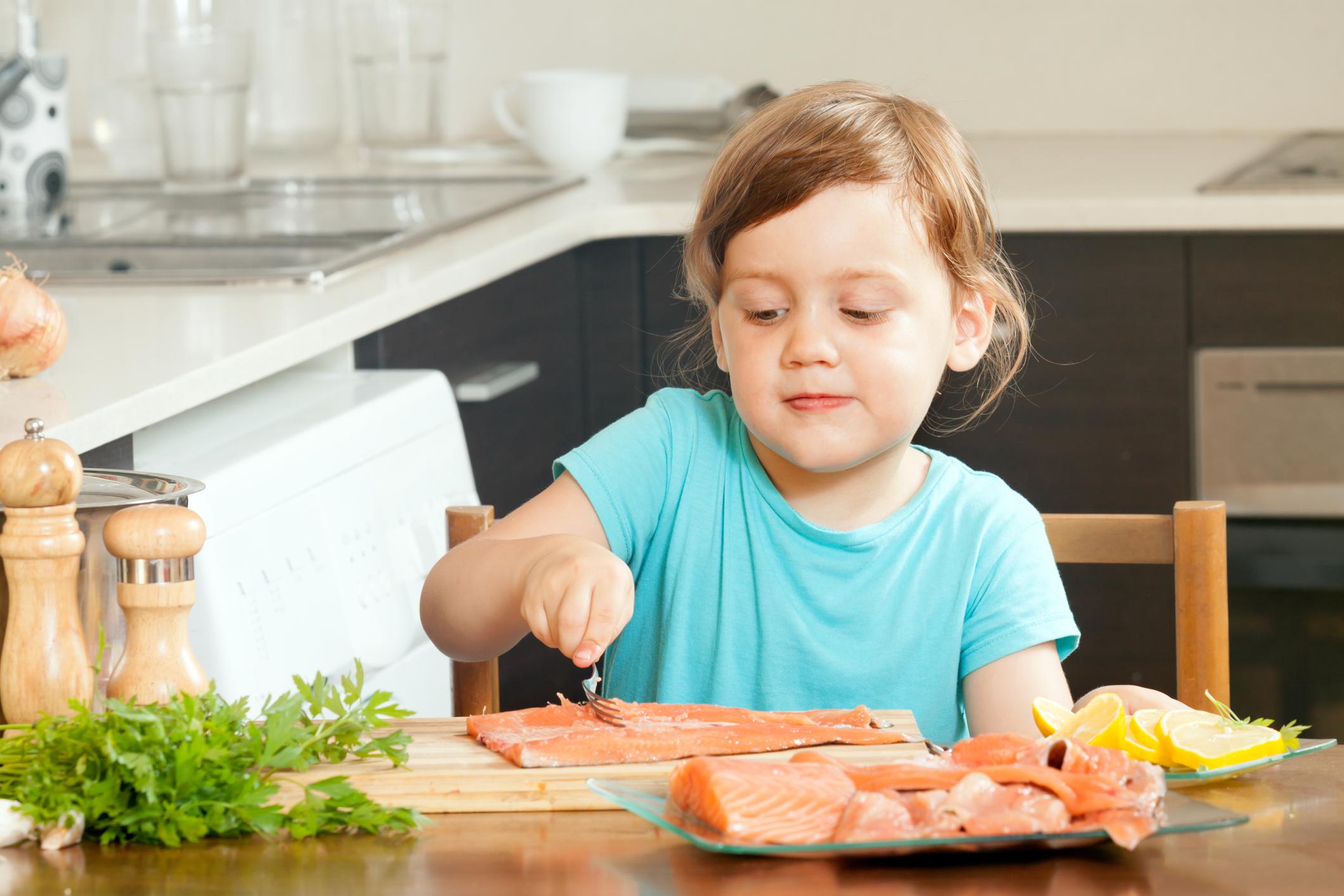
QUEBEC (PasseportSanté.net) March 17, 2005 – “There is no reason to limit our consumption of fish in Quebec. On the contrary, this food presents clearly more advantages than risks ”.
This is what Dr Eric Dewailly1, during a one-day conference on omega-3s which brought together in Quebec City nearly 300 health professionals and a range of eminent researchers from here and elsewhere in the world2.
Based on a recent study he conducted, Dr Dewailly shatters the recommendation – advanced in an edition of the journal Science in 2004 – to consume only one meal of farmed salmon per month because the latter would be too contaminated.
Indeed, the team of Dr Dewailly analyzed the levels of mercury, dioxin and PCBs in wild fish caught in Quebec and farmed fish bought at the grocery store. “Rather than analyzing a very wide range of contaminants, we targeted those that restrict the consumption of fish in the world”, specified this researcher who has been interested for 15 years in the Inuit, the population most exposed to PCBs, dioxins and mercury in Canada.
Isn’t my fish good?
“Salmon and trout caught in Quebec or bought at the grocery store have similar contamination rates and they are very low, 15 to 150 times lower than the marketing standards in force in the world” he explained by presenting the results of his analyzes.
Farmed salmon imported into Quebec comes mainly from Chile and it contains few pollutants, said the researcher, adding at the same time that this is perhaps not the case of Scottish salmon, for example. As for trout, they are raised right here in Quebec.
So how many times a week?
“On the public health side, when we compare the most severe exposure standards to lead, mercury and PCBs in the world with the content of fish in Quebec, eating them two to three times a week is safe. , insisted the researcher. I am all the more reassured that we know the rate of exposure of Quebecers to these pollutants and that our body concentrations are among the lowest in the world. We are really far from toxic doses and we can even eat them every day without problem. “
And the cancer risk highlighted by the review Science3? “It is not relevant with regard to the fish consumed in Quebec, and I am wary of chemists who embark on a risk analysis: it is really not their specialty and I think they simply missed it their shot in this study ”, argued Dr Dewailly. It should be noted that the conclusions of this research had also been the subject of several comments and criticisms from public health authorities around the world.4.
Pregnant women
Dr Dewailly recalled that restrictions on fish consumption only apply to pregnant and breastfeeding women. The harmful effects of these contaminants mainly concern the development of the fetus, in particular the development of the nervous system. “So, let alone the men on the one hand, and, on the other hand, the women who no longer want to have children”, launched the researcher.
And, when it comes to pregnant or breastfeeding women, only a few predatory species should be watched, such as walleye, bass, pike, muskellunge or even bluefin tuna used for sushi. “In Quebec, pregnant women can eat as much salmon and trout as they want and thus benefit from the very beneficial effects of a high intake of omega-3 on their babies, in particular on the development of their brain and on the attaining optimal birth weight ”. This is a statement in accordance with the recommendations of the Quebec Ministry of Health and Social Services regarding the consumption of fish.5.
What about omega-3s in farmed fish?
This is a subject that has been the subject of much ink for the past four years. The analyzes made by the team of Dr Dewailly found that omega-3 levels are similar in both types of salmon, around 20% on average. For farmed trout, the rates are similar to those for salmon, but they are three times lower in wild trout.
In addition, according to the researcher’s analyzes, the omega-6 content of farmed fish is slightly higher than that of wild fish. This is due to the vegetable meals that are part of the diet of farmed fish. This difference of 5% on average does not, however, have any consequences according to Dr Dewailly, because this small amount of omega-6 is embedded in our overall daily intake of omega-6.
Françoise Ruby – PasseportSanté.net
1. Dr Eric Dewailly is a doctor and heads the Public Health Research Unit of the Center Hospitalier Universitaire de Québec. He is also associate professor in environmental health, in the Department of Social and Preventive Medicine of the Faculty of Medicine at Laval University.
2. This conference was organized by the Lucie and André Chagnon Chair for the Advancement of an Integral Approach to Health and the Institute of Nutraceuticals and Functional Foods (INAF), with the financial support of the Health Products Department. from Health Canada.
Please note that the Lucie and André Chagnon Foundation supports the Lucie and André Chagnon Chair for the advancement of an integral approach to health as well as PasseportSanté.net.
3. Hites RA, Foran JA, Carpenter DO, Hamilton MC, Knuth BA, Schwager SJ. Global assessment of organic contaminants in farmed salmon. Science. 2004 Jan 9; 303 (5655): 226-9.
4. See our news of January 9, 2004: Contaminated salmon: once a month?
5. Government of Quebec Ministry of Health and Social Services. Do you know about omega-3s? Me, yes… And I’m good for your health! http://ftp.msss.gouv.qc.ca [Document pdf consulté le 18 mars 2005]








